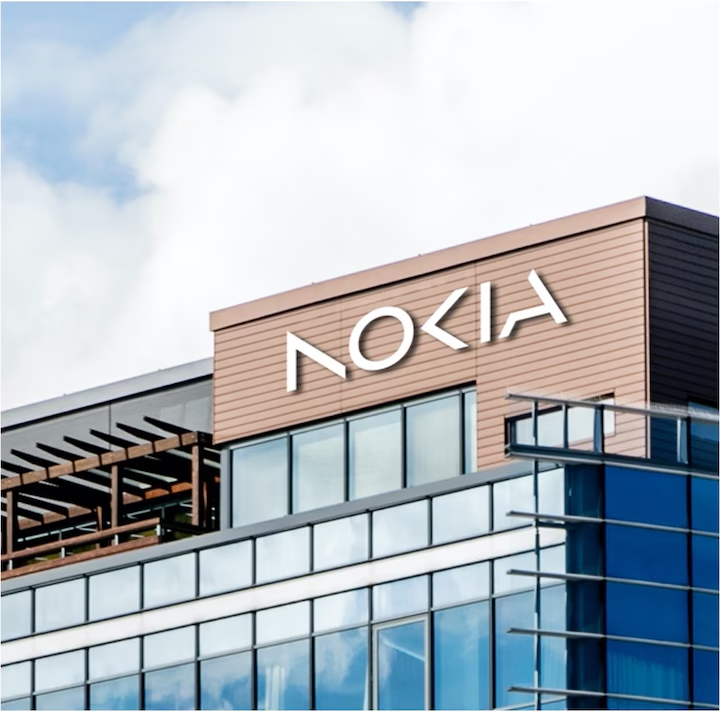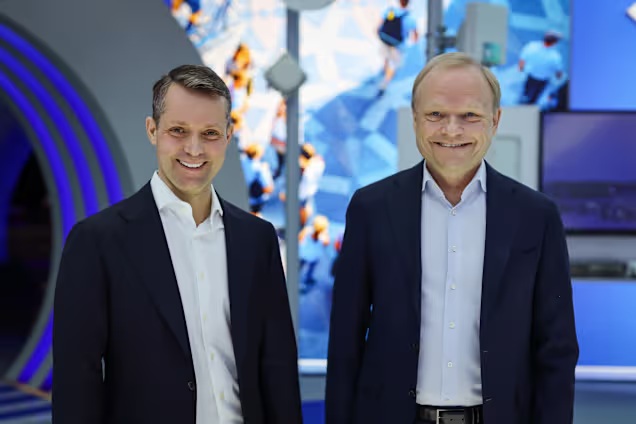Nokia CEO Justin Hotard Faces Investor Pressure After 27% Share Drop

Nokia’s new CEO, Justin Hotard, hasn’t had the warmest welcome from the stock market. Since taking over in April 2025, Nokia’s share price has dropped by about 27%, erasing much of the progress the company made last year. The steep decline has made investors nervous about the company’s future.
Once famous for its iconic mobile phones, Nokia is now focused on 5G networks, fiber broadband, and data center infrastructure. On paper, the company looked stronger in recent years. It corrected its 5G mistakes and strengthened its portfolio with the acquisition of Infinera, a leader in optical networking. But the latest financial results paint a different picture. Profits fell nearly 30% last quarter, and margins weakened. Without the steady income from its patents business, Nokia would have barely made money.

The real trouble lies in mobile networks. U.S. carriers have been moving away from Nokia. Verizon switched to Samsung, while AT&T went with Ericsson, leaving only T-Mobile as a major American customer. That’s a severe setback for a business that once led Nokia’s revenue. Instead of generating profits, the division is now posting losses — showing just how dependent network vendors are on the U.S. market.
Hotard has pointed to an “AI supercycle”, suggesting that artificial intelligence will drive demand for more powerful networks. While Nokia has seen growth in fiber broadband and optical products, rivals like Ciena are still ahead in key technologies. At the same time, Nokia is spending heavily on research and development, which eats into today’s profits even if it secures future growth.
Shareholders are becoming impatient. Some criticize Nokia for reporting “comparable” profits that appear healthier than official figures, while others call for bold restructuring. Suggestions include spinning off stronger business units or even relocating to the U.S. to attract larger institutional investors.
For now, Hotard insists Nokia will remain in mobile networks and has promised strategic updates later this year. But the pressure is intense. Nokia has reinvented itself many times over its 160-year history — from pulp mills, to mobile phones, to networks. This may be another turning point. The difference is that, for the first time, an American CEO is leading the charge. Whether Hotard can steer Nokia through the competitive 5G era and into the AI-driven future is something the industry is watching closely.


